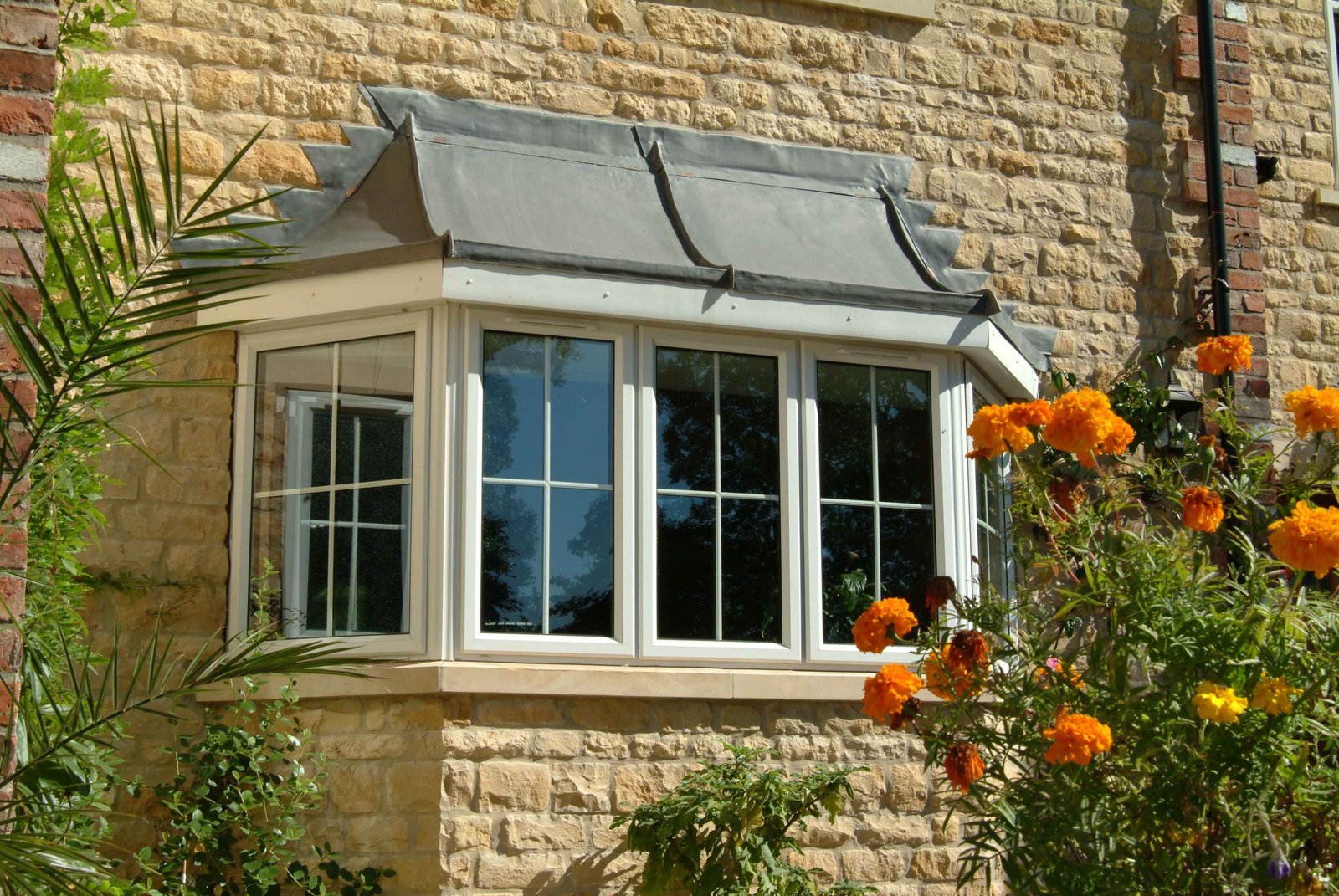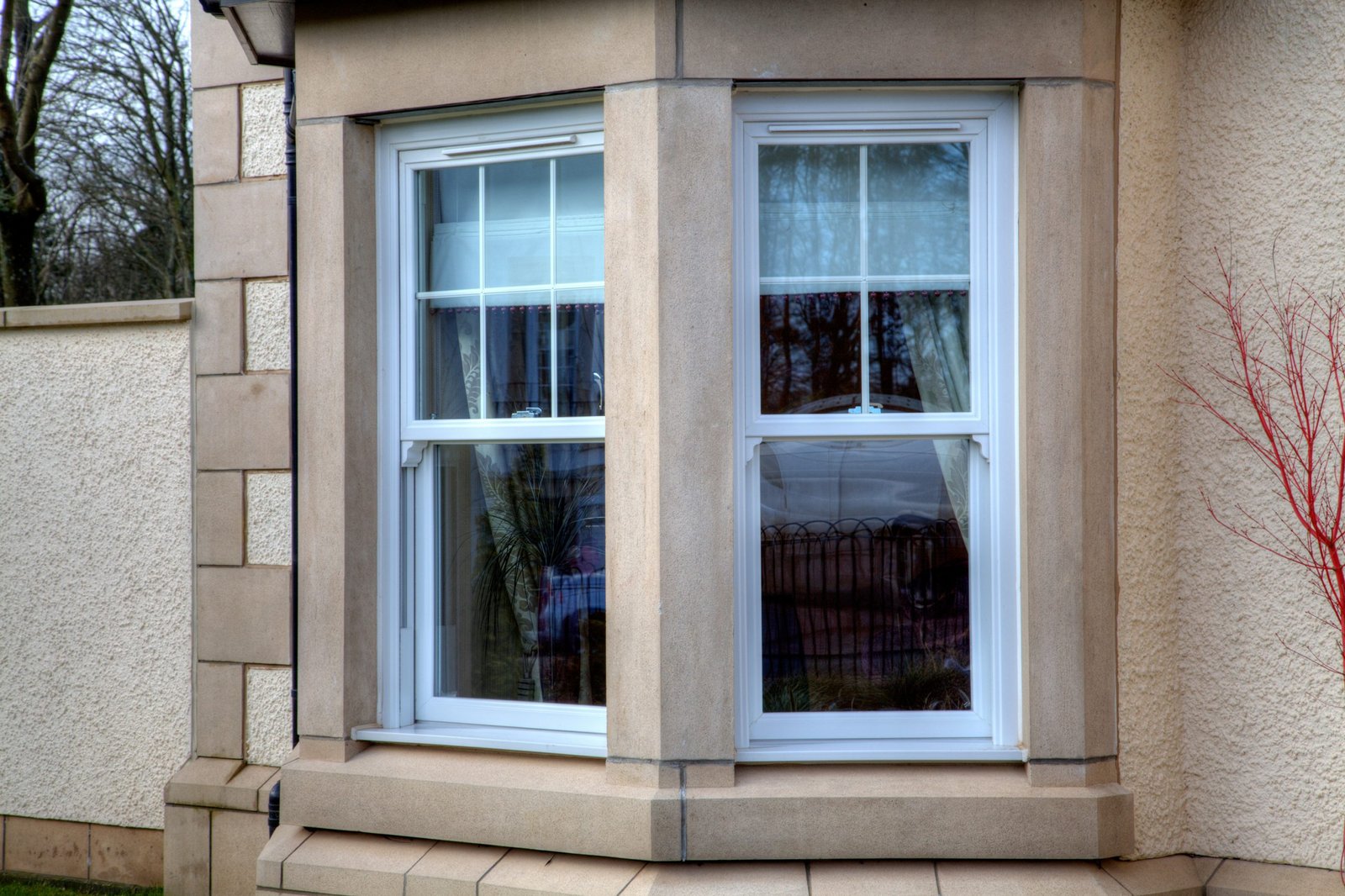Double glazing has become an essential part of modern-day homes, providing insulation, noise reduction, and energy efficiency. However, not all double glazing units are the same, and choosing the right one can make all the difference. In this article, we will explore the difference between 24mm and 28mm glass units, including their properties, performance, and how they compare with each other.
Understanding Double Glazing Units
Double glazing units consist of two separate sheets of glass that are separated by a gap filled with either air or gas. The gap is essential as it acts as an insulator, preventing heat loss and reducing noise. The thickness of the gap is determined by the size of the spacer bar that separates the two sheets of glass.
24mm Glass Units
24mm glass units are the most common double glazing units found in homes across the UK. They consist of two sheets of glass, each 4mm thick, separated by a 16mm gap. This gap is filled with either air or argon gas, which provides additional insulation. 24mm glass units offer excellent thermal insulation, helping to keep homes warm in the winter and cool in the summer. They also provide good noise reduction, making them ideal for houses located near busy roads or in noisy areas.
28mm Glass Units
28mm glass units are a more recent development and are becoming increasingly popular in modern homes. They consist of two sheets of glass, each 4mm thick, separated by a 20mm gap. This gap is also filled with either air or argon gas, providing additional insulation. 28mm glass units offer even better thermal insulation than 24mm units, making them ideal for homes in colder areas. They also provide superior noise reduction, making them perfect for those who live in busy or noisy locations.
Comparing 24mm and 28mm Glass Units
When it comes to performance, 28mm glass units are generally considered to be superior to 24mm units. The wider gap in 28mm units provides better insulation, which means that they are more energy-efficient and can help to reduce your energy bills. They also offer better acoustic insulation, which means that they can reduce noise levels by up to 5 decibels more than 24mm units. However, 24mm units are still an excellent choice for most homes and offer good insulation and noise reduction.
Conclusion
Double glazing units are an essential part of modern-day homes, providing insulation, noise reduction, and energy efficiency. When choosing between 24mm and 28mm glass units, it is important to consider your specific needs and requirements. If you live in a colder area or near a busy road, 28mm units may be the best choice for you. However, if you live in a quieter location or are on a tighter budget, 24mm units can still provide excellent insulation and noise reduction. By understanding the differences between the two, you can make an informed decision and choose the right double glazing units for your home.
















